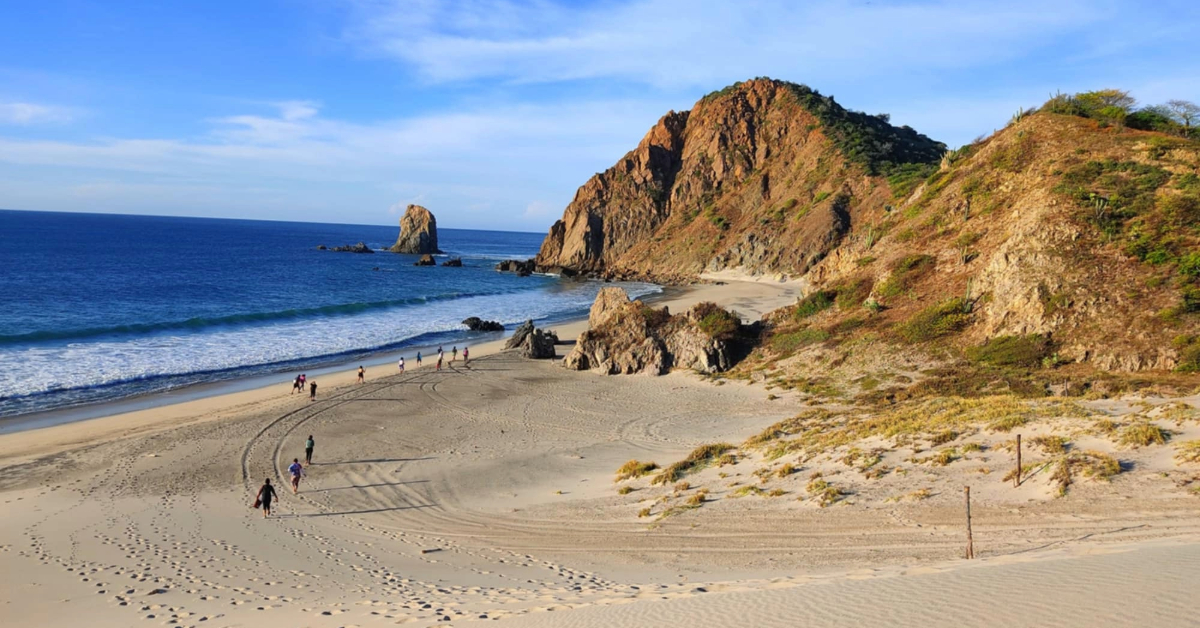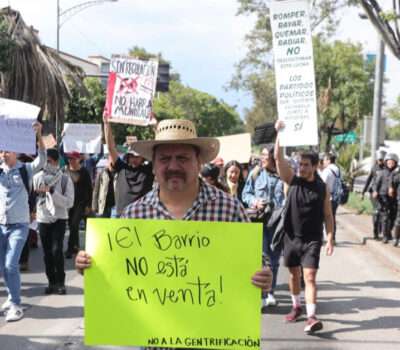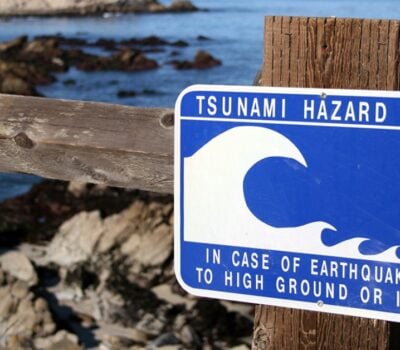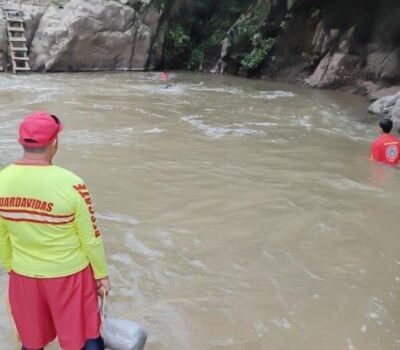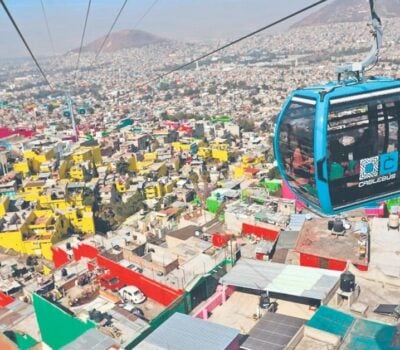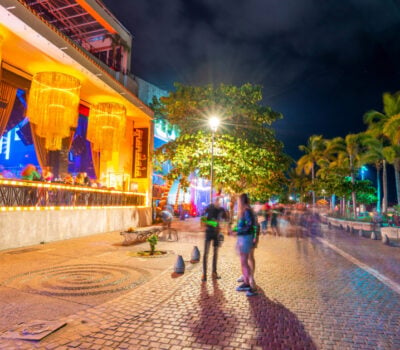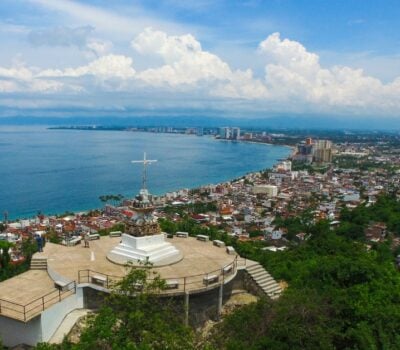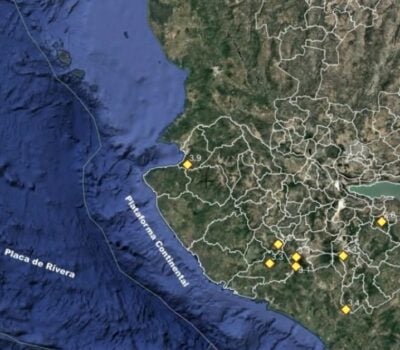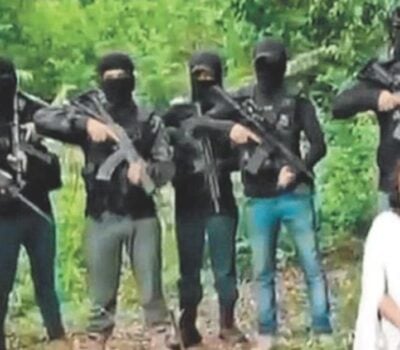A coalition of civil society organizations and activists on June 10, 2025, condemned a wave of land grabbing in indigenous communities along Oaxaca’s coast and the Isthmus of Tehuantepec. At the Forum for the Defense of Territory and Agrarian Rights, participants described an “aggressive advance” of beach privatization and real estate developments, backed by what they called the Cartel of Land Grabbing—a network of business, political and criminal interests operating with official complicity.
Frontline Case Miguel Sánchez Hernández
One high-profile case involves Miguel Sánchez Hernández, an indigenous farmer from Salchi, Cuatunalco in San Pedro Pochutla. Activists say Sánchez Hernández currently faces armed intimidation and violent threats designed to force him off ancestral land. They point to former PRI politicians now aligned with the Green Party (PVEM) and the federal government’s Fourth Transformation as key figures behind the takeover attempt.
Leaders named Alejandro Avilés Álvarez, Orlando Acevedo, Jesús “Chucho” Reyes and Alfonso Esparza as orchestrators of the campaign. “They broke into Miguel’s home with an armed group, threatened him with death and tried to drive him off his land,” said one forum speaker. The objective, they claimed, is to clear the beach for a hotel and tourism complex—yet Sánchez Hernández refuses to yield ground after decades of farming.
Land Grabbing in Plain Sight
Organizers argued that land grabs in Oaxaca no longer hide behind legal pretexts but wear labels like “development,” “investment” and “progress.” They accuse the land grabbing cartel of treating sacred communal lands as commodities, displacing families, degrading ecosystems and erasing local history in favor of elite tourism.
In response, the forum called on the Oaxaca Attorney General’s Office to press charges against Avilés Álvarez, Acevedo, Esparza and Reyes for the attempted land grabbing of Sánchez Hernández. They also urged all three levels of government to grant protective measures—legal and physical—to safeguard the farmer and his family and guarantee their right to remain on the land they still hold.
Calls for Justice for Murdered Defenders
Activists also demanded answers in the unresolved murder of Abraham Hernández González, killed in 2018 while defending Salchi beach lands alongside Sánchez Hernández. “Seven years on, the case files remain incomplete and those responsible enjoy total impunity,” they said, urging authorities to finally close the investigation with convictions.
Ongoing Judicial Harassment
Beyond Salchi, the forum highlighted cases in Huatulco, where defenders of San Agustín and El Coyote beaches—Ernesto Chávez Ramos, Oralia Ramírez, Hortensia Chávez and Noé López Rojas—face criminal charges activists call fabricated. They accuse real estate entrepreneur Israel Carreño Morales of colluding with local judges and prosecutors to target land defenders.
In Santa María Huatulco, 21 members of the El Coyul Agricultural and Livestock Society face persecution over alleged land grabbing of individuals tied to a rival agrarian group. According to activists, the private “El Coyul Oax SC” uses forged seals and the name of the corporatist body UNECACI to seize communal beaches and fields without community consent.
Next Steps and Demands
Forum participants laid out three immediate demands:
- Legal Action Investigate and prosecute everyone named for land grabbing, murder and intimidation
- Protective Measures Guarantee security for Sánchez Hernández, his family and other defenders under threat
- Land Rights Recognize and enforce indigenous communal titles against corporate and political encroachment
As beach privatization accelerates under the guise of tourism and growth, indigenous communities in Oaxaca stand on the front lines. Their calls for justice, protection and respect for ancestral lands challenge the unchecked collusion of vested interests—urging a break from a model that treats sacred soils as mere real estate.


